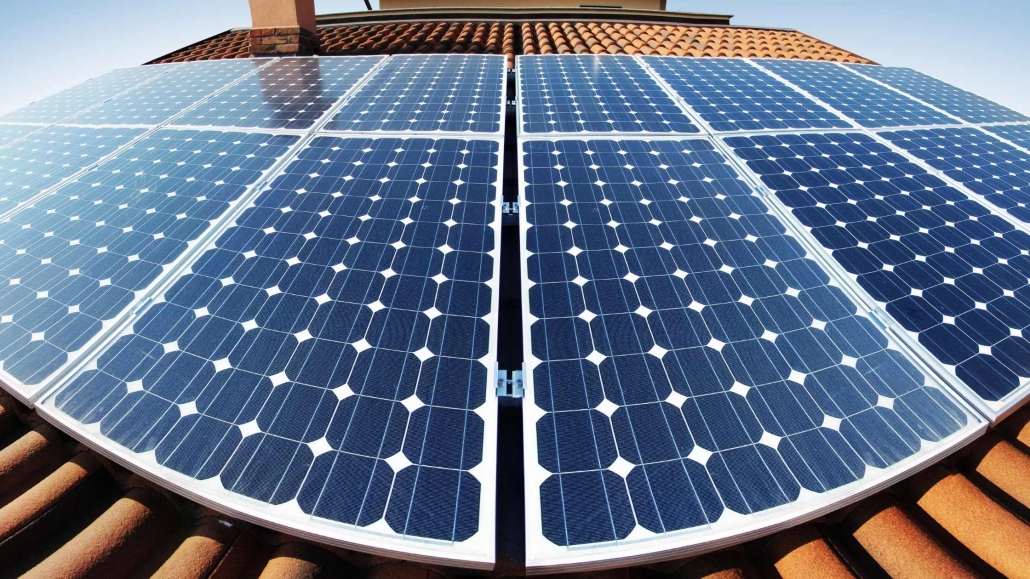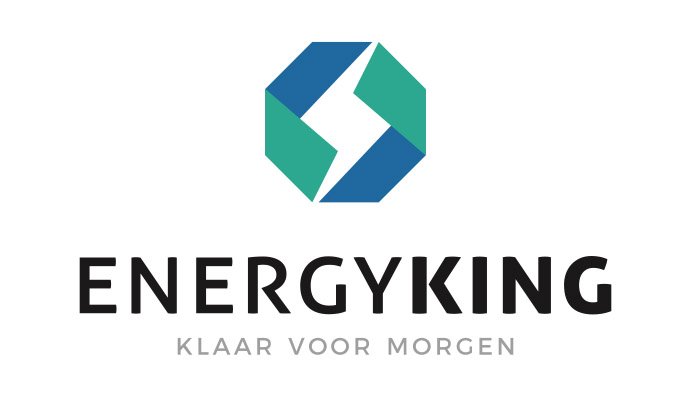Summer month of July broke records. Never before has so much solar energy been generated. All solar panels in Belgium generated 935 gigawatt hours of electricity.
Which is equivalent to 15 percent of all electricity. EnergyVille CEO Gerritjan Schaeffer tells us more of these records will follow. This is just the beginning.
Higher energy prices create wait times
Changes in our energy system are making solar panels increasingly attractive due to very high energy prices. The record month is proof of that.
So the demand for solar panels has increased a lot due to higher energy prices. Unfortunately, this causes a waiting time for the installation of solar panels. Not only in Flanders but all over Europe one has to deal with a waiting time.
Europe will produce its own solar panels again
Currently, most solar panels are produced in China. Due to corona, transportation of goods came with difficulty again. As a result, Europe wants to take up production again.
European solar panels will have a higher price tag though, this is due to the massive Chinese production, these made the panels cheaper, which was also positive.
The fact that European solar panels will be more expensive is not necessarily a disadvantage, as energy prices have risen so much that this does not matter much. Solar panels used to pay for themselves in six to seven years, now it is two to three years.
The proportion of solar panels could also grow, EnergyVille calculated that solar panels in total now account for 7 gigawatts of electrical power. Taking into account the potential of solar panels on rooftops, this could be 100 gigawatts.
In theory, this means that in Belgium it could cover the current electricity consumption of 80 billion kWh.
Wind and solar the main supplier
Currently, most solar panels are produced in China. Due to corona, transportation of goods came with difficulty again. As a result, Europe wants to take up production again.
European solar panels will have a higher price tag though, this is due to the massive Chinese production, these made the panels cheaper, which was also positive.
The fact that European solar panels will be more expensive is not necessarily a disadvantage, as energy prices have risen so much that this does not matter much. Solar panels used to pay for themselves in six to seven years, now it is two to three years.
The proportion of solar panels could also grow, EnergyVille calculated that solar panels in total now account for 7 gigawatts of electrical power. Taking into account the potential of solar panels on rooftops, this could be 100 gigawatts.
In theory, this means that in Belgium it could cover the current electricity consumption of 80 billion kWh.





